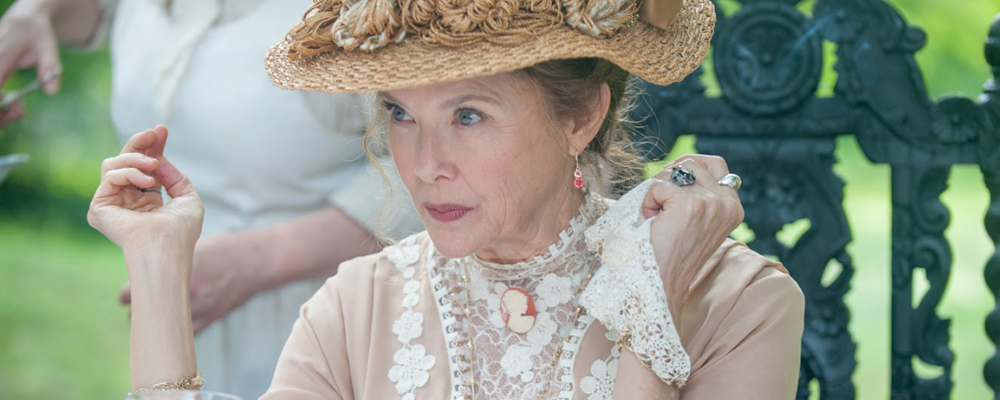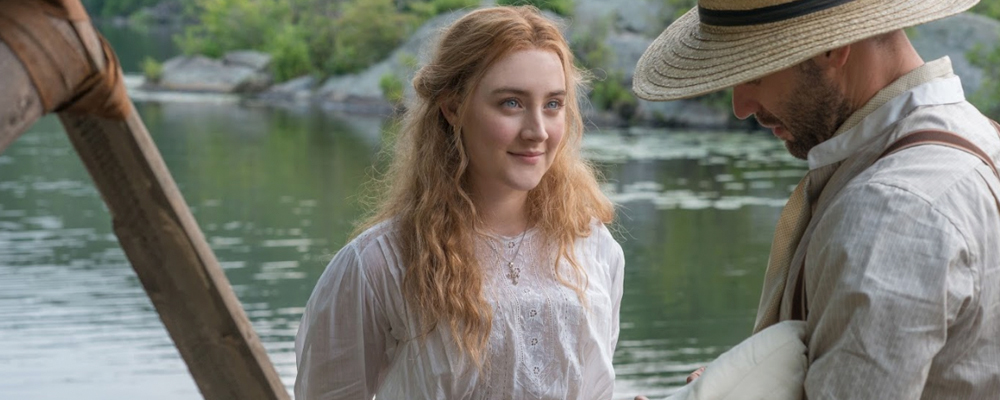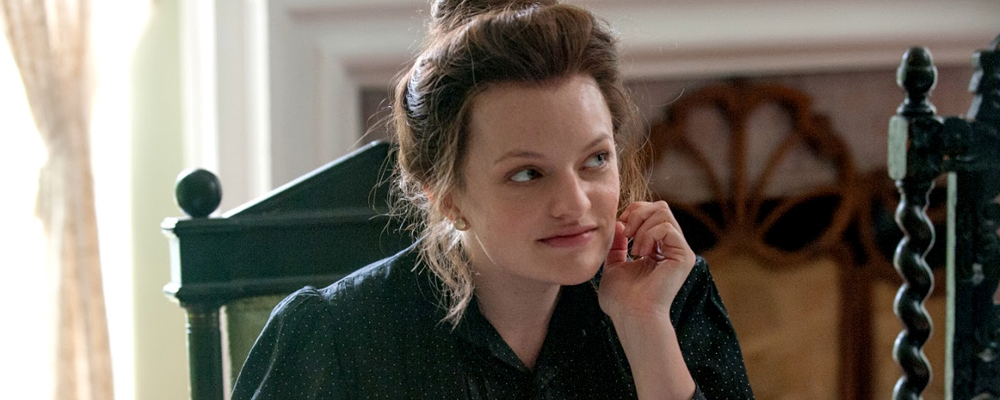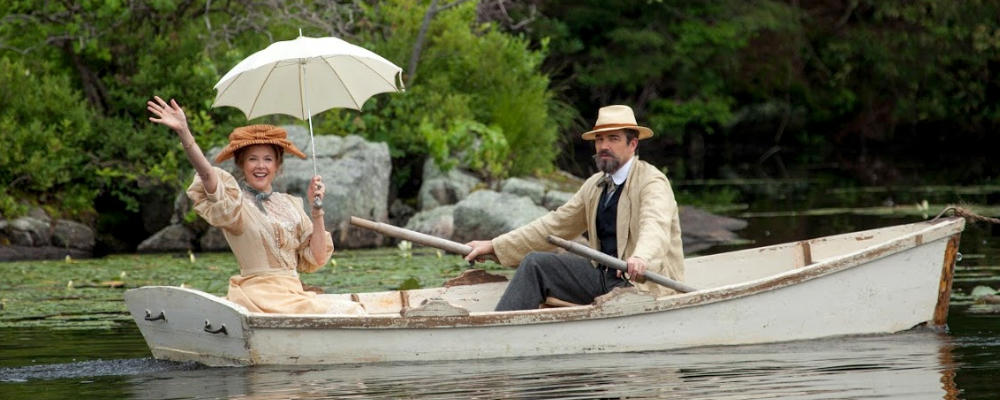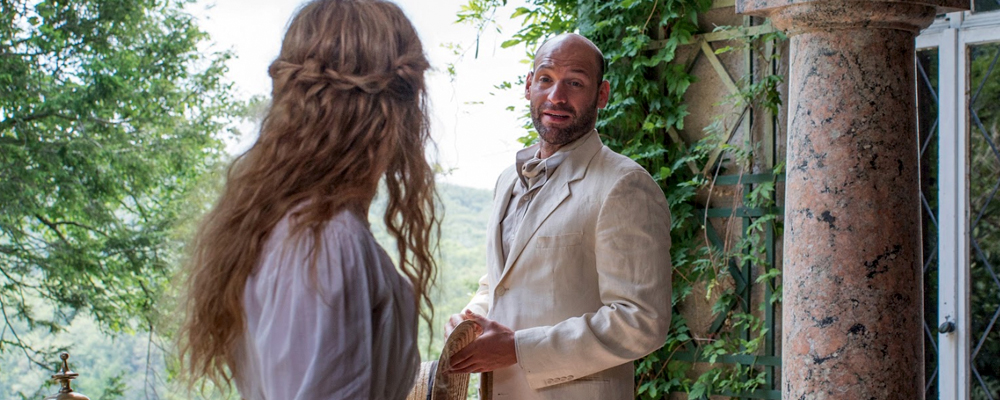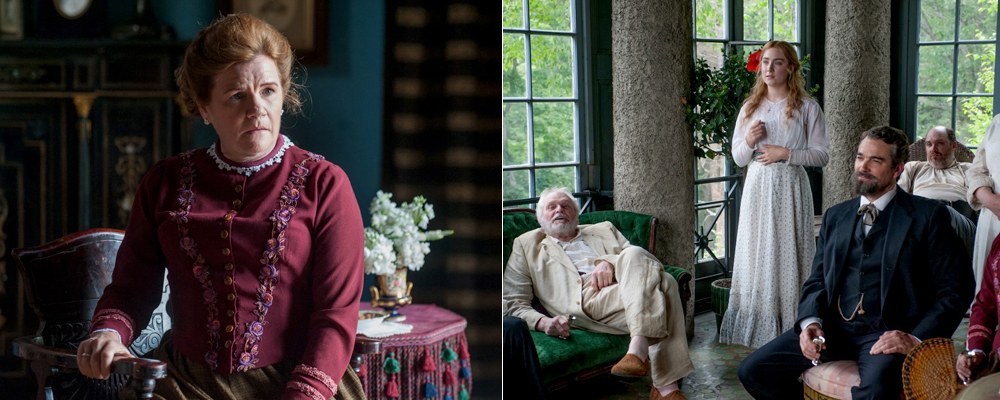‘The Seagull’ Revives Chekhov’s Tale of Unrequited Love With Elegant Energy
Alci Rengifo
The great Anton Chekhov produced work that endures because of its understanding of human quirk and folly. “The Seagull” adapts one of the Russian master’s most famous plays, turning it into a film of vibrant elegance. We are ever so foolish when loving someone who could care less, and ever so unwise when mistaking applause for self-worth. In “The Seagull” friends and family secluded in a beautiful country estate fall into a triangle of unrequited emotions and blind, foolish decisions. Everyone is in love with the wrong person, but they refuse to see it because of ego and stubbornness. Throw in a desire for fame and aging vanity and you have quite the human powder keg. What results is high drama of life as a dark comedy.
In a lakeside Russian estate a clan has gathered for the weekend. The center of attention is Irina (Annette Bening), a legendary Moscow actress who refuses to accept that she is past her prime. This is one reason why she has taken on a young lover, Boris (Corey Stoll), an established writer of short stories. Irina’s own son Konstantin (Billy Howle) aspires to be a great writer himself, crafting plays which inspire the mocking laughter of his mother. Konstantin’s muse is a local girl named Nina (Saoirse Ronan), who seeks fame as an actress and happily accepts when Konstantin offers her a role in his latest play. But when Nina meets Boris she is smitten and decides to pursue him instead. Konstantin falls into a jealous stupor, dismissive that Masha (Elisabeth Moss), the daughter of the estate’s manager Shamrayev (Glenn Fleshler), is in love with him. Masha herself is hopelessly pursued by a poor local schoolteacher, Mikhail (Michael Zegen). Shamrayev’s own wife Polina (Mare Winningham) pines for a local doctor named Dorn (Jon Tenney), who can’t get over an affair he had with Irina years ago. Looking over the madness is Irina’s ailing brother Sorin (Brian Dennehy), who reminisces about chances not taken.
“The Seagull” has the energy and spirit of a film unaware it is based on a work of theater. The director is Michael Mayer, a Tony award-winner for “Spring Awakening” who has done two other features, “A Home at the End of the World” and “Flicka.” The screenplay is by Stephen Karam, himself also a Tony winner for the play “The Humans.” They relish the opportunity to turn Chekhov into cinema. Unconstrained by the stage, the camera glides and moves, emphasizing Chekhov’s witty, melancholic language. This is one of those films like “Atonement” or “Testament of Youth,” where the original material is imagined visually with exuberant style. It is a period piece, but Mayer knows that is no excuse to make something stale. The cinematography by Matthew J. Lloyd is radiant in its evocation of summertime, creating the sense of a place where love is in the air. His interiors turn baroque and somber, creating a fitting ambiance for feelings awry. For Lloyd this must have been quite the welcome change of tone, after shooting the hugely entertaining “Thor: Ragnarok” and the disastrously bad “Power Rangers.” Jon Tenney shares that, “we tried very hard to make it fresh and not a stogy period piece.”
But “The Seagull” can of course be enjoyed because of its very content. Chekhov, like Shakespeare, is a writer of rich language and timeless themes. The characters speak while making dramatic gestures, torn apart by their unfulfilled longings. Someone will burst into tears, seeking advice from another doomed admirer. But even in these jaded times these personas are not that apart from us. Irina is the perfect example of a narcissist, obsessed with her status and terrified of growing old. Today she would have a fully active social media empire. She scoffs at Konstantin’s over-written play because deep down he represents the generation replacing her. The heart of the story is how everyone loves the wrong person, missing opportunities at genuine affection. There is constant tension because each character is in a sense trapped in a situation they cannot control. Konstantin is the typical romantic with a pen, idealizing a girl who will gasp with fake awe at his words, but can just as easily get bored with him (he would have fit right in at a Los Angeles coffee shop).
Chekhov and this film understand that as hard as we try, jealousy and attraction are powerful emotions, prone to making people act without thinking. Woe to the person who finds themselves gripped with desire for someone so close, but completely uninterested. Just look at the character of Mikhail, who follows Masha like a lost puppy and desperately tries to grab any attention he can. He insists the life of a poor teacher would make a good play to Konstantin and Boris just to seem important. The film brilliantly captures the balance of drama and humor that makes this story so engaging. We feel for the characters but also laugh or cringe at them, especially with Irina who constantly tries to steal the spotlight from everyone. When someone suggests Nina should sing, Irina jumps right in to show who is the real star. It is comedy taken from our farcical bad habits and flaws.
We get some very good performances in this film from a formidable cast. Annette Bening is a pure diva as Irina, cackling with bitterness but hiding a soft heart. She simply absorbs the material, especially during a scene where Konstantin stages his play outdoors and she cannot help but ruin it with snide remarks. Billy Howle is convincing as a naïve dreamer, who sees himself as a pathbreaker waiting to be discovered. Saoirse Ronan finds the right choices for playing Nina, not evil but clueless to her own actions, hurtling towards a tragedy with Boris, who is played with refined detachment by Corey Stoll. He worships the idea of her, which is always unwise. Jon Tenney as Dorn is played with reserved presence, he keeps his emotions in check. Tenney has actually played the role before, sharing that, “I actually played Dr. Dorn in college, when I was far too young to play the role, so I’ve finally grown into it.” In a sense the most tragic character is Sorin, played with much life by Brian Dennehy, but realizing that unlike those around him, he never even tried to give love a chance. His final speech is surely the most moving writing in the whole story.
“The Seagull” is classic theater transformed into beautifully done, wistful cinema. It is made by filmmakers who understand the material inside out, so they know how to translate it to the screen. But you don’t have to be a reader of Chekhov (although you should give him a chance) or an English Lit major to enjoy this film. It has humor, wit and enough broken hearts to make one realize why these stories survive, because they are about people in anytime, anywhere.
“The Seagull” opens May 11 in New York and Los Angeles.

